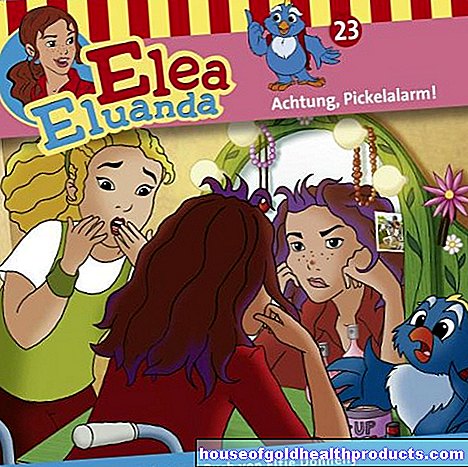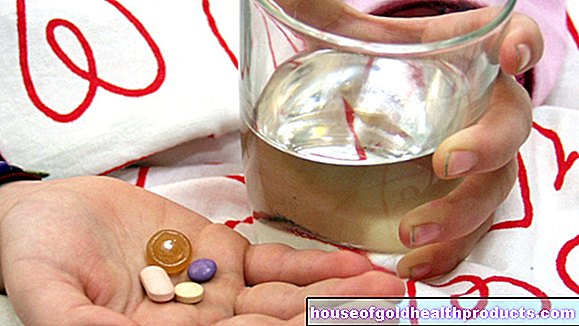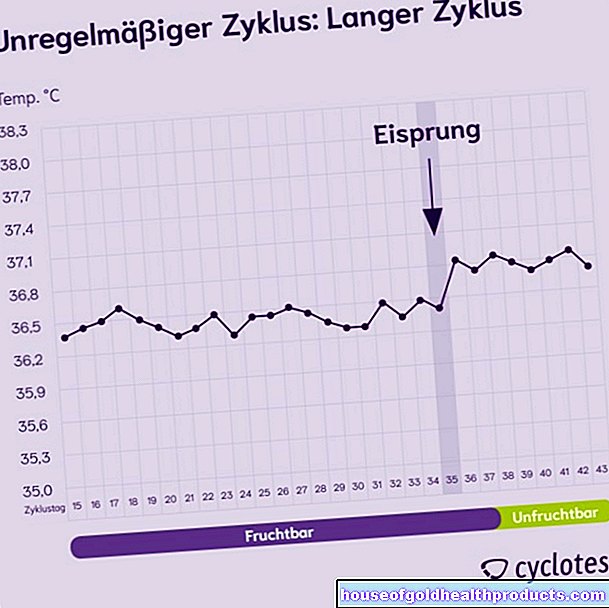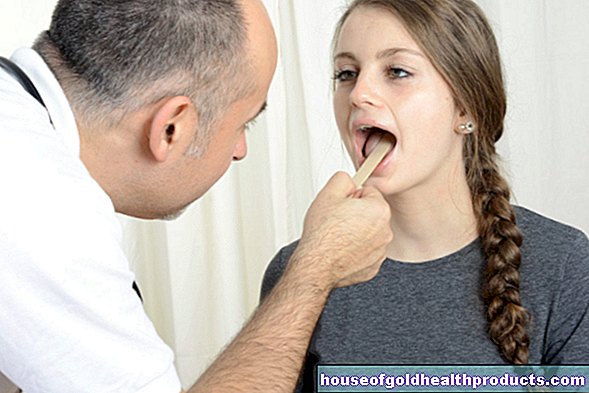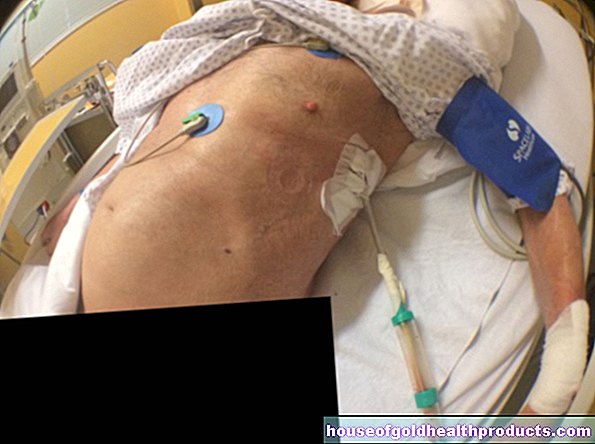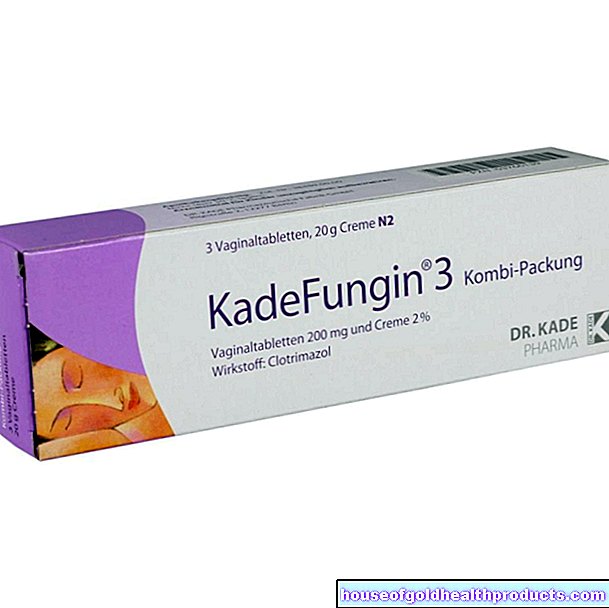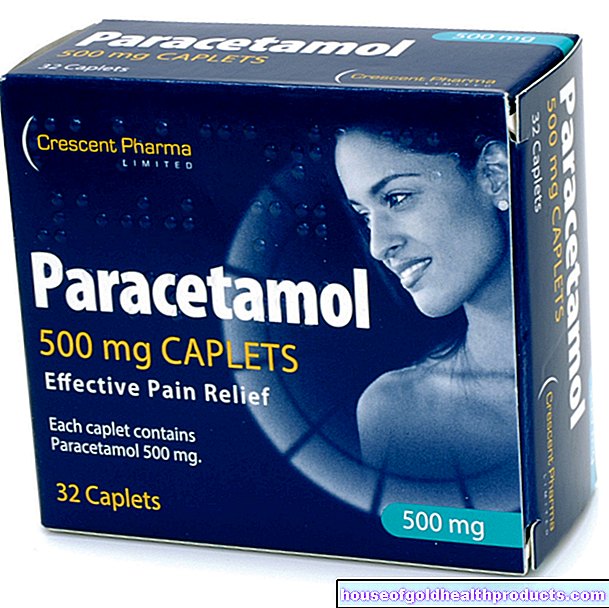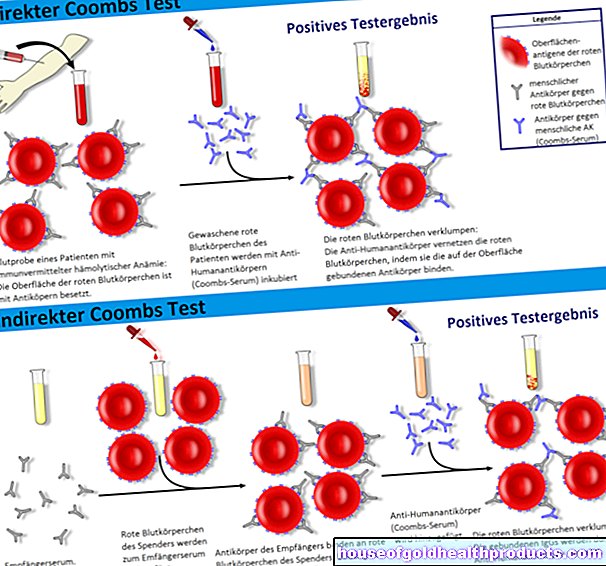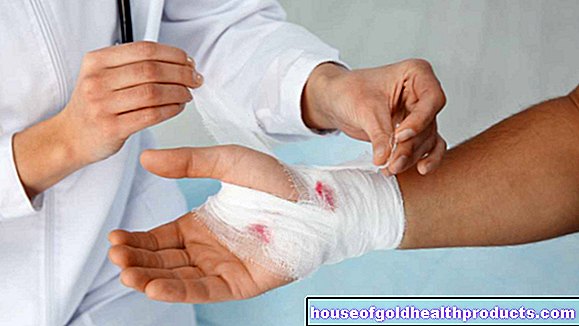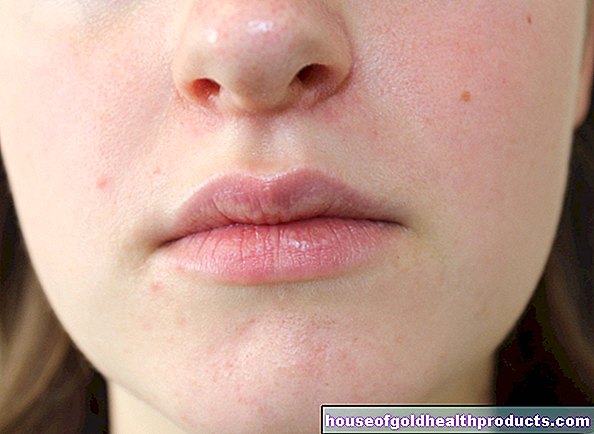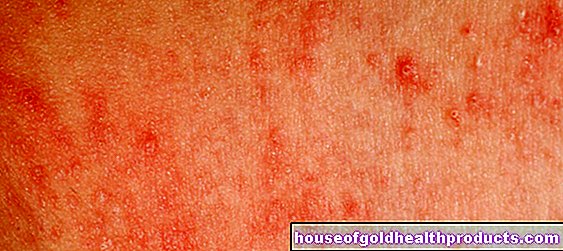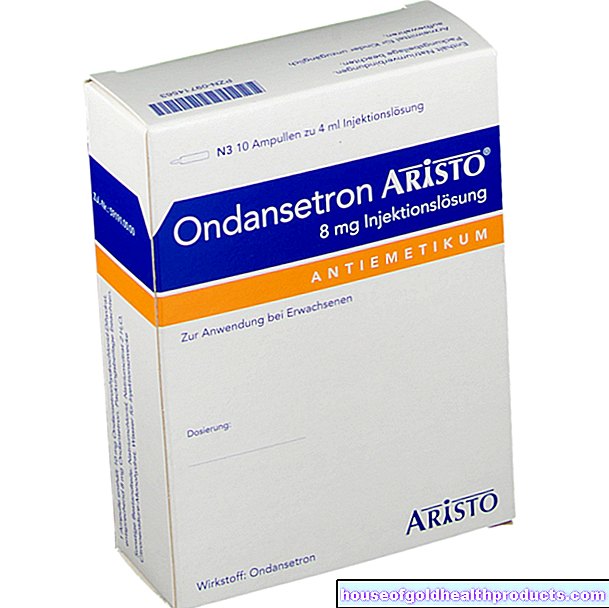Allergy risk: tattoo inks with nickel
All content is checked by medical journalists.MunichNickel-containing tattoo inks and permanent make-up are bad for the skin. The metal allows the allergy risk to climb, warns the Federal Institute for Risk Assessment (BfR). People with a nickel allergy could develop severe, abnormal skin changes. "Because more and more people are getting a tattoo, it is to be expected that the rate of nickel allergies will increase in the coming years," says BfR President Professor Andreas Hensel.
Severe skin changes
Nickel can be found in many tattoo inks as well as in permanent make-up. It does not even have to be part of the color pigments or the carrier, but can also be introduced into the tattoo inks as an impurity during the manufacturing process. In these cases it is not recognizable as an ingredient. Nickel is also found in many everyday products such as food, jewelry, piercings, leather goods, paints or household products as well as dentures and body implants.
A nickel allergy can significantly reduce the quality of life and also the medical therapy options. The nickel allergy is a hypersensitivity reaction with sometimes severe skin changes. Lichen or granuloma formation has been reported in connection with tattoo inks.
Popular tattoos
Systematically collected data on nickel allergies that occurred after having a tattoo or using permanent make-up are not yet available, according to the BfR. There is no obligation to report nickel allergies, which is why data collection is difficult. In Germany around nine percent of the population have tattoos - and the trend is rising. Therefore, an increase in nickel allergies can also be expected.
Tattoo inks and permanent make-up have been subject to the Tattoo Inks Ordinance in Germany since 2009. The ordinance names a negative list of substances that may not be used, for example carcinogenic azo dyes and the allergenic p-phenylenediamine. (in the)
Tags: Diseases teenager Diagnosis
